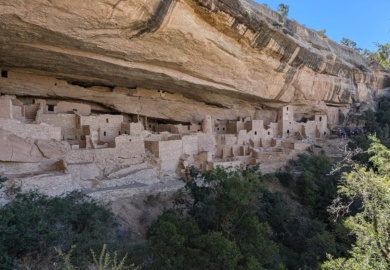Table of Contents
Lessons from Istanbul? How was visiting Istanbul? Why go to Istanbul? These are the questions people ask me the most often about one of the most magical trips of my life.
Istanbul is a city that has captured the hearts of many travelers, including myself. The rich history, stunning architecture, vibrant culture, and warm hospitality of its people make it a top destination for anyone seeking an unforgettable experience. As an avid traveler and adventurer, I was drawn to Istanbul’s unique blend of East and West, ancient and modern. And so, I embarked on a journey to explore this beautiful city, eager to discover its hidden gems and uncover the lessons it had in store for me.
The Allure of Istanbul
Istanbul’s charm lies in its diverse offerings – from grand palaces and bustling bazaars to serene mosques and bustling streets. Each neighborhood has its own character, and every corner reveals a new surprise.
The Grandeur of the Old City
The first stop on my itinerary was the Sultanahmet area, also known as the Old City. Home to iconic landmarks such as the Hagia Sophia, Blue Mosque, and Topkapi Palace, this part of Istanbul is like an open-air museum. Walking through its narrow streets, I felt like I had been transported back in time.
The Energy of the New City
A quick tram ride across the Galata Bridge took me to the bustling Beyoğlu district. Here, modernity collides with tradition as historic buildings stand alongside trendy cafes and shops. This area is also home to the famous Istiklal Avenue, a pedestrian street lined with shops, restaurants, and street performers.
The Serenity of the Asian Side
A short ferry ride from the European side brought me to Kadikoy, Istanbul’s vibrant Asian side. With its laid-back atmosphere and picturesque waterfront, this area offers a refreshing change of pace from the hustle and bustle of the city center.
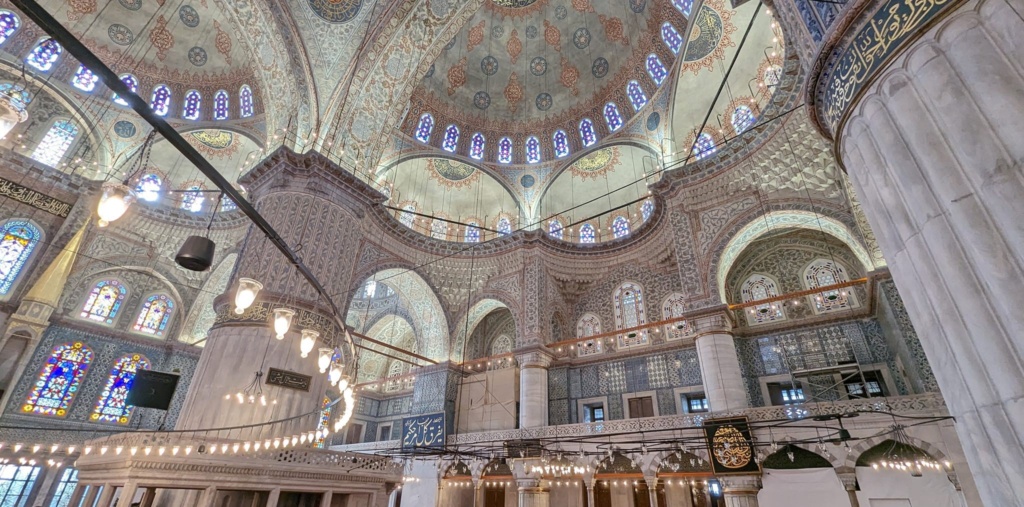
Lessons from Istanbul
Istanbul, where the East gracefully meets the West, is a city like no other. A place where the ancient whispers in the ear of the modern, where minarets share the skyline with skyscrapers, and where the fragrance of spices mingles with the salty breeze of the Bosphorus. As I wandered through its historic streets and marveled at its architectural wonders, I couldn’t help but be humbled by the valuable lessons from Istanbul.
Lesson 1: Cultural Fusion is Beautiful
Walking through the bustling streets of Istanbul, I witnessed a harmonious blend of cultures, religions, and traditions. It’s a city where history is a living, breathing entity, where Byzantine, Roman, Ottoman, and modern Turkish influences coexist, each leaving its indelible mark on the cityscape. Istanbul taught me that embracing diversity and celebrating the richness of different cultures can create a tapestry of beauty and resilience.
Lesson 2: Time is a Master Craftsman
Istanbul’s historic sites, like the Hagia Sophia and the Topkapi Palace, stand as a testament to the intricate craftsmanship of centuries past. These architectural marvels remind us that time can be a master craftsman, shaping and reshaping the world around us. They urge us to appreciate the enduring beauty of things built to last, even in an ever-changing world.
Lesson 3: Hospitality is a Universal Language
One of the most heartwarming lessons from Istanbul was the universal language of hospitality. Whether I was sipping tea in a traditional teahouse or sharing a meal with locals in a bustling eatery, the warmth of Turkish hospitality was ever-present. The genuine kindness of the people I encountered showed me that, no matter where we come from, we can connect through the simple act of extending a welcoming hand.
Lesson 4: Resilience is in the DNA
Standing at the crossroads of continents, Istanbul has seen its fair share of triumphs and trials. It’s a city that has weathered storms, wars, and empires. Yet, it continues to rise, rebuild, and reinvent itself with an unwavering spirit. Istanbul taught me that resilience is not merely a trait; it’s a way of life—a testament to the enduring strength of the human spirit.
Lesson 5: Always Explore with an Open Heart
In Istanbul, every alley, market, and mosque held a surprise waiting to be discovered. Exploring with an open heart and a willingness to embrace the unknown allowed me to uncover hidden gems, make unexpected connections, and savor the true essence of the city.
As I left Istanbul, I carried with me these valuable lessons from Instanbul —reminders of the beauty of diversity, the passage of time, the power of hospitality, the resilience of spirit, and the magic of exploration. Istanbul has not only enriched my travels but also enriched my life.
Translating Lessons from into Life
Beyond its beauty and charm, Istanbul also taught me valuable lessons that I will carry with me for a lifetime. An important part of travel is taking the lessons you learn and putting them into play in your daily life. Here is some of the ways that Instanbul changed my everyday life:
Embracing Diversity
As a city straddling two continents and influenced by various cultures throughout history, Istanbul is a melting pot of diversity. The people here come from all walks of life, and yet they coexist harmoniously. This taught me the importance of embracing and celebrating our differences, instead of letting them divide us.
Living in the Moment
There is a saying in Istanbul – “Bir gün Istanbul’u görmeyen, bir hayat boş yaşamış sayılır,” which means “He who has not seen Istanbul has not lived.” This reminded me to live in the present moment and savor every experience, rather than constantly worrying about the future or dwelling on the past.
Hospitality & Generosity
The Turkish people are known for their warmth and hospitality, and I experienced it firsthand during my time in Istanbul. From shopkeepers offering me tea to strangers helping me with directions, their kindness and generosity left a lasting impression on me. It reminded me to always be kind and welcoming to others, even strangers.
Trying New Things
One significant lesson Istanbul taught me was the importance of trying new things. The city, with its diverse culinary scene, unique cultural rituals, and intricate handicrafts, offers countless opportunities to step out of the familiar and embrace the unknown. Whether it was tasting the local cuisine, learning a traditional Turkish dance, or attempting to make a glass mosaic lamp, each new experience enriched my understanding of the city and its culture.
Stepping Out of the Comfort Zone
Istanbul also encouraged me to step out of my comfort zone. This was particularly evident in my decision to explore the city’s less touristy neighborhoods, engage in conversations with locals despite language barriers, and navigate the city’s complex public transportation system. These experiences, although challenging at times, were incredibly rewarding and led to some of my most memorable moments in Istanbul.
Exploring History
Finally, delving into Istanbul’s rich history was an enlightening experience that underscored the importance of understanding our past. Each historic site I visited, from the Ancient Hippodrome to the Basilica Cistern, told a story of Istanbul’s past, its triumphs and tribulations, and its transformation over centuries. This exploration of history deepened my appreciation for the city and its resilience and reminded me that our past, individual or shared, shapes our present and future.
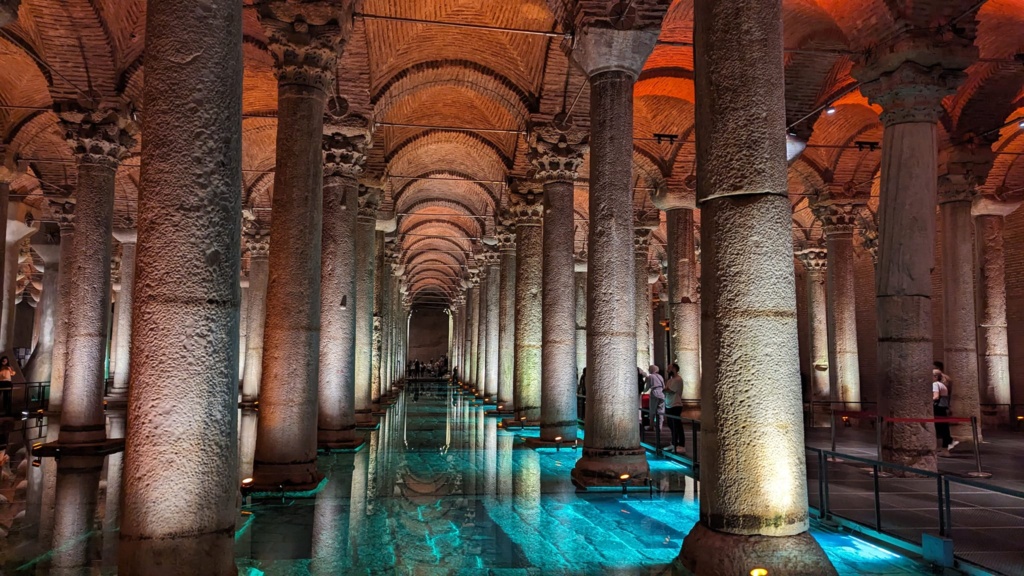
11 Must-See Sights in Istanbul I Enjoyed
Istanbul is a treasure trove of historical sites, cultural landmarks, and natural beauties that demand attention. A visit to the city is incomplete without exploring these must-see attractions.
- Hagia Sophia: Once a church, then a mosque, and now a museum, Hagia Sophia is a testament to Istanbul’s diverse religious history. Its stunning mosaics and domed interior make it a must-see for its architectural grandeur.
- Blue Mosque: Known for its distinctive blue tiles, the Blue Mosque is an iconic symbol of Istanbul. Visitors should not miss the chance to witness its intricate interior design and peaceful atmosphere.
- Topkapi Palace: This majestic palace, once the residence of Ottoman sultans, offers a peek into the luxurious life of Ottoman royalty. Its lavishly decorated courtyards and impressive collection of artifacts are a visual treat.
- Grand Bazaar: A paradise for shoppers, the Grand Bazaar is one of the largest and oldest covered markets in the world. It’s a must for those seeking to buy traditional Turkish goods and experience the country’s bustling commerce.
- Basilica Cistern: This ancient underground water storage is an architectural marvel. Visitors should see it to appreciate the ingenuity of Byzantine engineering and the eerily beautiful atmosphere created by the water and dim lights.
- Galata Tower: For the best panoramic views of Istanbul, a trip to the top of Galata Tower is essential. It provides a stunning 360-degree view of the city, which is especially breathtaking at sunset.
- Chora Museum: Housing some of the finest Byzantine mosaics and frescos, a visit to Chora Museum is crucial to understanding Istanbul’s artistic heritage.
- Spice Bazaar: For food lovers, the Spice Bazaar is a sensory feast. Stacked with spices, dried fruits, and Turkish delight, it offers a taste of the country’s rich culinary culture.
- Bosphorus Cruise: To truly understand Istanbul’s unique geography straddling two continents, a cruise along the Bosphorus is a must. The journey offers spectacular views of Istanbul’s skyline dotted with palaces and mosques.
- Istiklal Avenue: For an experience of Istanbul’s modern life, a stroll down Istiklal Avenue, with its numerous restaurants, shops, and art galleries, is essential. It’s a bustling hub of activity and the perfect place to people-watch.
- Princes’ Islands: A short ferry ride away from Istanbul, the Princes’ Islands offer an escape from the city’s hustle and bustle. The picturesque island towns are ideal for a day trip or a peaceful weekend getaway.
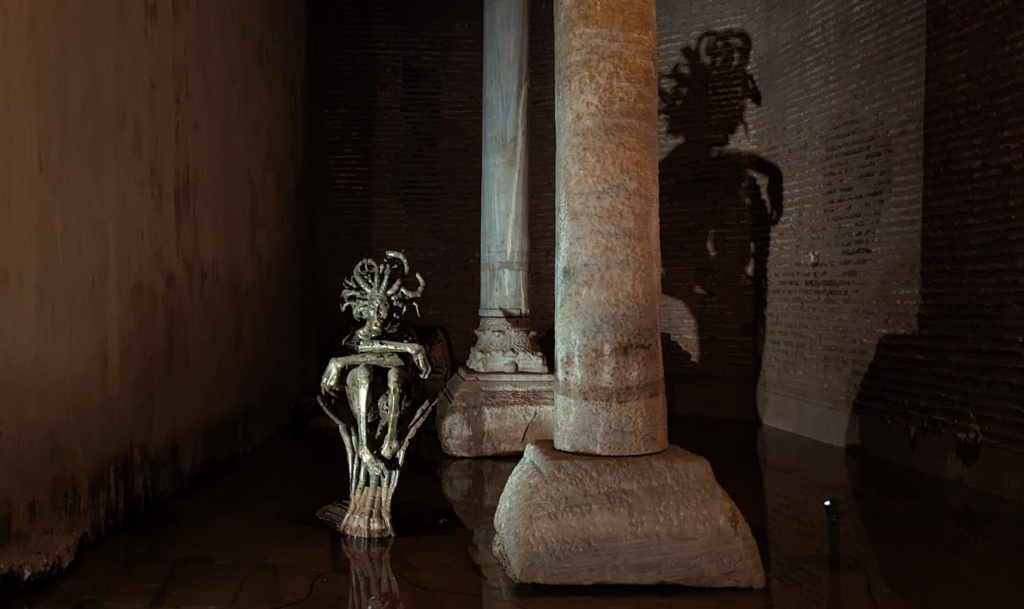
Common Misconceptions about Istanbul
Istanbul, the city where East meets West, is often shrouded in misconceptions that stem from a lack of understanding or generalized views. This is predominantly due to the city’s unique position straddling two continents, its complex history, and a rich blend of cultures.
Vague or biased media portrayals also contribute to these distortions, oversimplifying the city’s intricate social, political, and cultural dynamics. In the following section, we will debunk some of these common misconceptions about Istanbul.
Here are some common misconceptions about Istanbul and what I learned are the truths:
Misconception: Istanbul is the capital of Turkey.
Truth: While Istanbul is Turkey’s largest city and economic, cultural, and historic center, Ankara is the official capital of Turkey.
Misconception: Turkish cuisine is limited to kebabs and baklava.
Truth: Turkish cuisine is diverse and extends far beyond these popular items. From a wide variety of mezes (appetizers), to seafood, stews, and sweets like lokum (Turkish delight), Turkish food offers a rich culinary experience.
Misconception: Istanbul is always hot and sunny.
Truth: Although Istanbul has a relatively mild Mediterranean climate, it experiences four distinct seasons, including cold, sometimes snowy winters.
Misconception: Istanbul is dangerous and unstable due to political unrest.
Truth: While there have been periods of political unrest in Turkey’s past, Istanbul remains a generally safe city for residents and tourists alike, with a crime rate comparable to many other major cities worldwide.
Misconception: Women must always cover their heads in Istanbul.
Truth: While Turkey is a predominantly Muslim country, it is also secular. Women in Istanbul, and Turkey in general, have the choice to wear what they like. Some choose to wear a headscarf, while others do not. Visitors are expected to respect local customs, especially when visiting religious sites.
Misconception: Istanbul is a conservative city with strict rules.
Truth: While there are cultural norms and expectations to be aware of, Istanbul is a vibrant and diverse city where people from all backgrounds coexist. Visitors should be respectful and follow local customs, but they will also find an accepting and open-minded atmosphere.
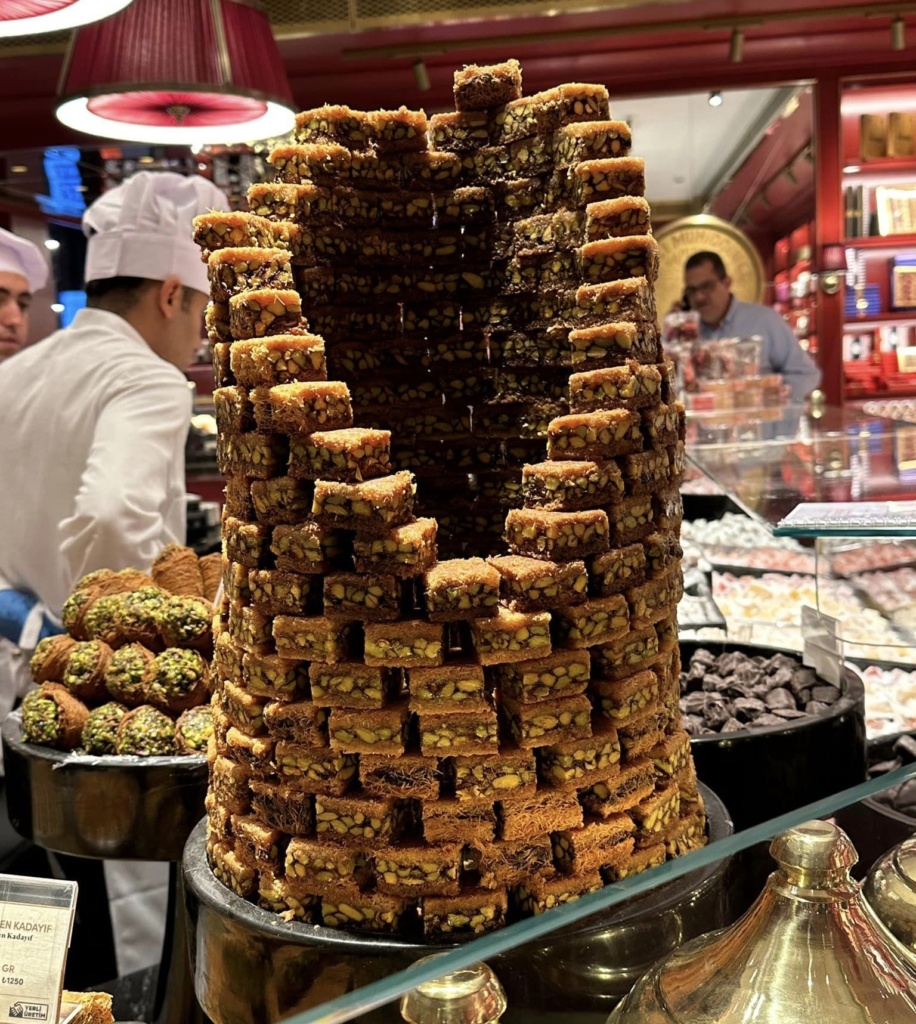
8 Best Foods & Drinks I Enjoyed in Istanbul
Istanbul’s rich culinary scene reflects its diverse cultural heritage. Here are some of the top foods and drinks that I relished during my visit:
- Doner Kebab: This popular Turkish dish consists of meat cooked on a vertical rotisserie, traditionally lamb but also a mix of veal or chicken, served with rice, salad, or inside a warm, fluffy bread.
- Lahmacun: Often dubbed as the Turkish pizza, Lahmacun is a round, thin piece of dough topped with minced meat, vegetables, and herbs before being baked.
- Baklava: This sweet pastry made of layers of filo dough, filled with chopped nuts, and soaked in syrup is a staple in Turkish dessert menus.
- Turkish Tea (Çay): Served in small, tulip-shaped glasses, Turkish tea is a crucial part of Istanbul’s hospitality and a standard accompaniment to breakfast.
- Mezes: These are small dishes served before the main meal. They range from hummus and tabbouleh to stuffed grape leaves and yogurt-based dips.
- Kunefe: This cheese-filled pastry soaked in sweet, sugar-based syrup and served hot is a delightful finish to any meal.
- Ayran: A traditional cold beverage made of yogurt, water, and a pinch of salt. It’s the perfect refreshment during Istanbul’s hot summer.
- Simit: This circular bread, typically encrusted with sesame seeds, is a common street food and a perfect snack on the go.
From traditional street food to unique regional specialties, Istanbul offers a rich feast that leaves a lasting impression on your taste buds.
My Unforgettable Journey through Istanbul
Istanbul is a city that nurtures a rich tapestry of history, culture, and cuisine. Stepping foot in this vibrant city allows you to peel back the layers of its intricate past, negotiate the rhythm of its bustling present, and immerse yourself in the warmth of its hospitality. From its iconic skylines to its bustling bazaars, from debunking misconceptions to savoring its culinary delights, Istanbul promises a journey that engages all your senses. It’s a city that offers an unforgettable blend of the old and the new, the familiar and the exotic, the East and the West. Istanbul is indeed, as the Turks would say, a world unto itself.

Discover the Ultimate “Surviving a Long-Haul Flight Guide”
Whether you’re jetting off to a distant paradise, exploring a vibrant city, or visiting loved ones on the other side of the world, we know that surviving a long-haul flight is no small feat. But fear not, wanderlust seeker, because we have the ultimate solution to make your journey an absolute breeze!
Don’t let a long-haul flight be a roadblock to your travel dreams. With our “Surviving Long-Haul Flight Guide,” you’ll be equipped with the wisdom and knowledge to conquer the skies and make every moment of your journey count.
Download your copy of “Surviving a Long-Haul Flight Guide” and unlock the secrets to conquering those marathon flights like a pro!
Traveling in Istanbul FAQs
Is it safe to travel to Istanbul?
Yes, Istanbul is generally safe for travel. Like any major city, it’s important to stay vigilant and be aware of your surroundings, especially in crowded places. The crime rate is comparable to other major cities worldwide.
Do I need a visa to travel to Istanbul?
Depending on your nationality, you may need a visa to enter Turkey. Many countries are eligible for e-Visa which can be obtained online before travel. Always check the latest visa regulations with your local Turkish embassy or consulate before your trip.
What is the best time to visit Istanbul?
The best times to visit Istanbul are during the spring (April to June) and fall (September to November) when the weather is pleasant and the city is less crowded.
How do I get around Istanbul?
Istanbul has a comprehensive public transportation system including metros, trams, buses, ferries, and funiculars. Taxis are also readily available. Istanbulkart, a rechargeable smart card, can be used for most modes of public transport.
What language is spoken in Istanbul?
The official language is Turkish. English is not widely spoken outside of major tourist areas and hotels, but people are generally helpful and will try to assist you. It’s recommended to learn a few basic Turkish phrases to ease communication.



